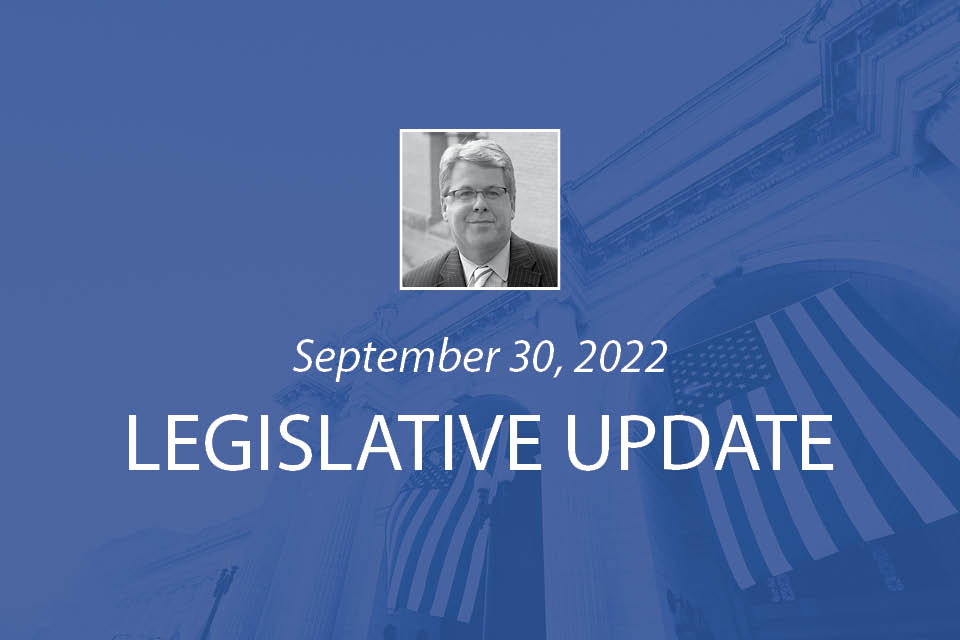In early September, Senator Tom Cotton (R-AR) introduced the American Workforce Act, a bill that would provide high school graduates with a $9,000 workforce training voucher to be used to participate in education programs designed by employers for jobs in their industry.
Specifically, the bill would:
- Create a $9,000 federal voucher available to prospective “trainees,” defined as any citizen with a high school degree/GED, but without a bachelor’s degree or higher;
- Offer an additional $1,000 bonus to employers for each trainee that is hired after completion of the workforce training program;
- Require participating employers to provide training for positions paid at least 80% of the local median household income;
- Allow the voucher to subsidize employer-led workforce training that offers a full time, paid position combining on-the-job experience and skilled workforce training;
- Give employers wide flexibility to build their own training programs or delegate the training to a valid third-party entity, such as a trade association, community college, high school, non-profit, or union;
- Require e-verify at participating employers; and,
- Levy a one-percent tax on the fair market value of endowments held by private colleges that 1) have more than 500 full-time enrolled students, 2) have endowments worth more than $2.5 billion and $500,000 per full-time enrolled student, and 3) do not have a religious mission.
Senator Cotton had this to say about his bill: “For decades, the federal government has spent billions propping up bloated colleges that serve—often poorly—a minority of our citizens. Meanwhile, the majority of Americans, who don’t go to college, are left behind. In fact, the federal government spends eight times more on college for the few than it does on job training for the many. My bill will right that wrong by investing heavily in a new workforce education strategy to help working Americans get ahead.”
The bill, S. 4810, is pending in the Senate Finance Committee.




